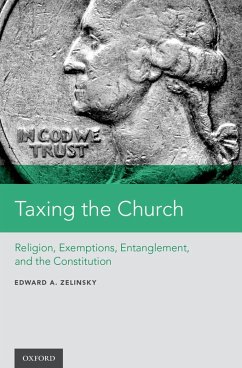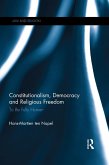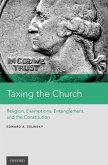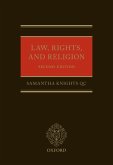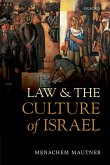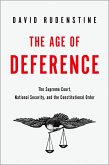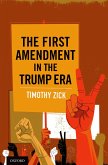This book explores the taxation and exemption of churches and other religious institutions, both empirically and normatively. This exploration reveals that churches and other religious institutions are treated diversely by the federal and state tax systems. Sectarian institutions pay more tax than many believe. In important respects, the states differ among themselves in their respective approaches to the taxation of sectarian entities. Either taxing or exempting churches and other sectarian entities entangles church and state. The taxes to which churches are more frequently subject - federal Social Security and Medicare taxes, sales taxes, real estate conveyance taxes - fall on the less entangling end of the spectrum. The taxes from which religious institutions are exempt - general income taxes, value-based property taxes, unemployment taxes - are typically taxes with the greatest potential for church-state enforcement entanglement. It is unpersuasive to reflexively denounce the tax exemption of religious actors and institutions as a subsidy. Tax exemption can implement the secular, non-subsidizing goal of minimizing church-state enforcement entanglement and thus be regarded as part of a normative tax base. Taxing the church or exempting the church involves often difficult trade-offs among competing and legitimate values. On balance, our federal system of decentralized legislation reasonably make these legal and tax policy trade-offs, though there is room for improvement in particular settings such as the protection of internal church communications and the expansion of the churches' sales tax liabilities.
Dieser Download kann aus rechtlichen Gründen nur mit Rechnungsadresse in A, B, BG, CY, CZ, D, DK, EW, E, FIN, F, GR, HR, H, IRL, I, LT, L, LR, M, NL, PL, P, R, S, SLO, SK ausgeliefert werden.

